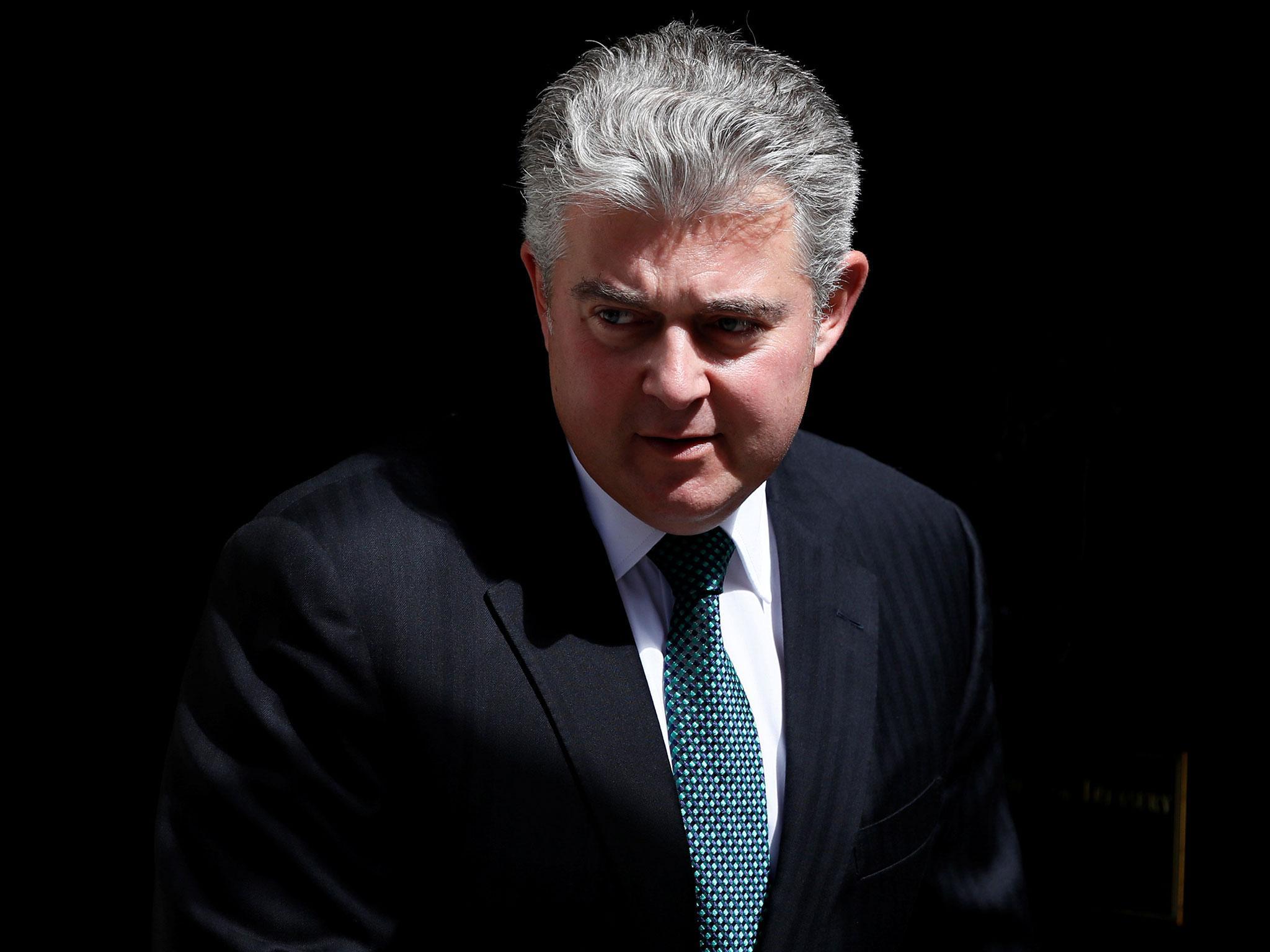Brexit: Farmers will benefit from freedom of movement until Britain leaves EU, admits Tory minister
Campaigners seized on the minister’s remarks as evidence that the Government’s plan to end free movement means its target to reduce annual net migration below 100,000 is unworkable

Ministers have been accused of double standards after admitting that UK farmers benefit from EU free movement rules which the Government’s critics say are incompatible with its net migration target.
Brandon Lewis, the Immigration Minister, told the Commons that the agricultural sector would continue to “benefit” from free movement of labour until Britain leaves the EU as he tried to allay MPs’ fears about a shortage of EU migrant workers.
He promised talks with farmers’ leaders as the Government works out a post-Brexit migration regime.
Open Britain, the successor to the Remain campaign in last year’s referendum, seized on the minister’s remarks as evidence that the Government’s plan to end free movement means its target to reduce annual net migration below 100,000 is unworkable.
Labour MP Chuka Umunna, a leading supporter of the group, said: “When the Immigration Minister himself admits that the free movement of labour has been good for Britain’s farmers, it clearly shows that ministers themselves do not believe their own rhetoric.”
In a letter to Amber Rudd, the Home Secretary, Mr Umunna said the National Farmers Union estimated that the sector will require 90,000 seasonal workers a year from the EU, which he claimed would make the Government’s “tens of thousands” target impossible to achieve.
The letter asked whether the Government officially accepts that British farmers “benefit” from free movement, as Mr Lewis said. “If so, why are you, the Prime Minister and the rest of the Cabinet committed to ending a system which you believe to be beneficial?” Mr Umunna asked.
In pictures: European parliament Brexit discussions
Show all 12“Do you accept that hitting the target would do significant damage to British agriculture, other sectors of our economy and our public services (not least the NHS), which are dependent on workers from the EU?”
He told the Home Secretary: “Government policy remains committed to cutting net migration to levels that we all agree will be intensely damaging to businesses and public services alike. This Government has no mandate to leave the EU in a way which will destroy peoples’ livelihoods. So I urge you and the Prime Minister to be honest with the country and drop the target.”
The Independent and Open Britain are running a Drop the Target campaign urging the Government to abandon its goal.
The Immigration Minister was replying to Tory MP Helen Whately, who said farmers in her Faversham constituency in Kent needed thousands of workers to pick their fruit every summer but only 705 local people were claiming Jobseeker’s Allowance.
“It’s very difficult for them to recruit enough workers locally,” she said, calling on the Government to bring in a permit scheme for seasonal agricultural workers.
Mr Lewis replied: “As we continue as full members of the EU we have that free movement of labour that farmers can benefit from.”
Although several ministers believe the Government’s target will never be hit, Theresa May has stuck to it.
Mr Lewis is the latest in a line of ministers who have acknowledged the vital role played by EU migrant workers in the areas for which they have responsibility.
Others include Jeremy Hunt, the Health Secretary and Philip Hammond, the Chancellor. David Davis, the Brexit Secretary, has conceded that migration levels might rise “from time to time” according to the economy’s needs.
Business groups are lobbying hard for a flexible approach to EU migration when the Government sets outs its plans in an Immigration Bill, which is likely to include a work visa scheme.
The Home Office said: “We are working across government to identify and develop options to shape our future immigration system and will ensure businesses and communities are given the opportunity to contribute their views.”
Subscribe to Independent Premium to bookmark this article
Want to bookmark your favourite articles and stories to read or reference later? Start your Independent Premium subscription today.

Join our commenting forum
Join thought-provoking conversations, follow other Independent readers and see their replies